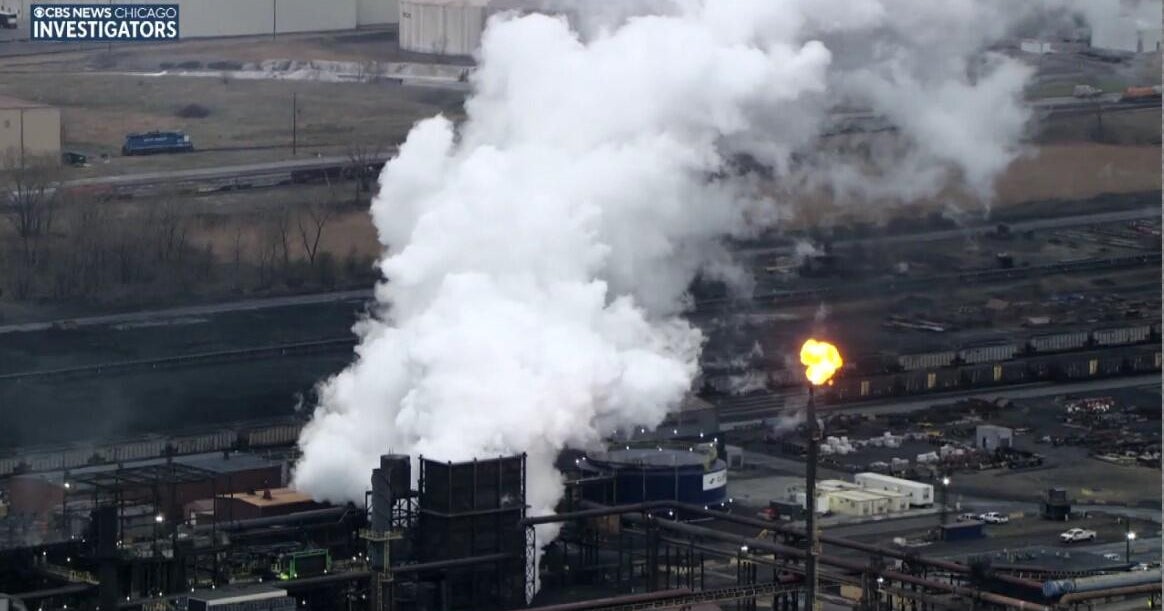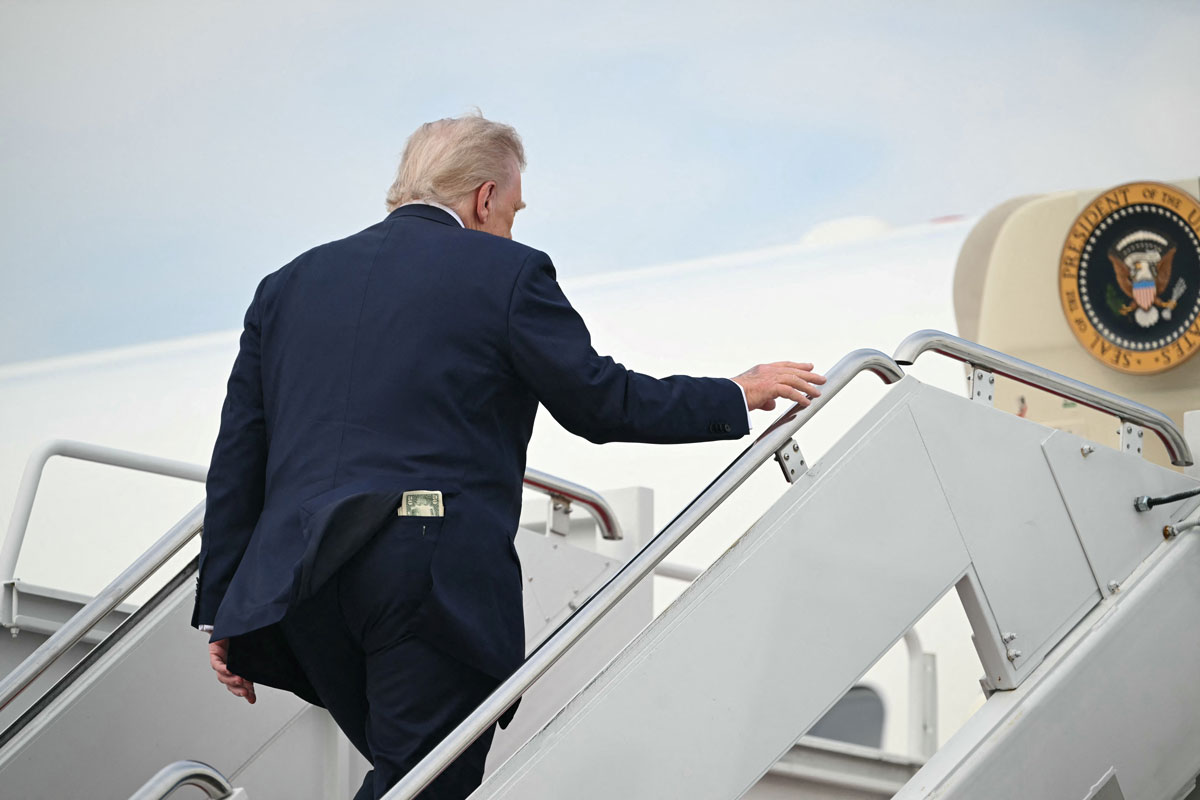4 things to know about the "death tax"
President Donald Trump is the latest in a long line of Republican politicians who want to repeal the estate tax, dubbed by critics as the "death tax." Yet the levy has plenty of fans among economists, and even some wealthy people who would benefit from its elimination.
Writing in the Theatlantic.com, former Bill Clinton economic adviser Gene Sperling not only endorsed the estate tax, but urged the Trump administration to raise it, arguing that it makes more sense economically than repealing it. Much of the criticism of the tax is either overblown or flat wrong, such as claims that it hurts small business or farmers, according to backers of the estate tax.
Data from the nonpartisan Congressional Budget Office estimates that the estate tax will generate about $271 billion in revenue between 2018 and 2027. That's roughly what the Environmental Protection Agency, the Food & Drug Administration and the Centers for Disease Control and Prevention are expected to spend during over time period, according to the liberal-leaning Center on Budget and Policy Priorities (CBPP).
"It has been weakened over time," said Chuck Marr, director of federal tax policy at CBPP. "For a very long time, the benchmark was that it affected 2 percent of estates. Now, it affects one-tenth of that."
Warren Buffett, perhaps history's greatest investor, has argued for years for a higher estate tax, as have fellow billionaires Bill Gates and George Soros.
Mr. Trump's call to scrap the estate tax comes as he is trying to win support for his broader reform plan, which includes slashing the top corporate rate from 35 percent to 15 percent. Let's take a closer look at what this tax consists of.
What is the estate tax and how much is it? It's a fee that a person's estate pays on the transfer of wealth after their death. It is due only on the portion of an estate's value that exceeds about $5.5 million per person, or $11 million per couple. On average, heirs pay rates of about 17 percent, though for extremely wealthy people the levy can be as high as 40 percent.
Who pays it? Not many people. Data cited by Sperling estimates that 5,000 estates in the U.S., out of 2.7 million annual deaths, pay the tax. Since it applies to so few families, the estate tax is an efficient way to raise funds because it is unlielyt to trigger any unintended economic consequences, said Josh Bivens of the left-leaning Economic Policy Institute.
What about Mr. Trump? Of course, Mr. Trump and his family -- whose net worth Forbes estimates at $3.5 billion -- would benefit from repealing the estate tax. The Trump family, like other wealthy taxpayers, have an array of legal means to reduce their exposure to the tax, such as setting up trusts. "The very wealthy are very good at shielding lots of their assets from taxation," Bivens said. "It would be a huge deal for [Trump's] heirs in terms of what they would actually inherit if he is as wealthy as he claims he is."
What's the value of the estate tax? Sperling and other supporters of the estate tax argue that it helps reduce income inequality, which risen to the highest level since the 1920s. CBPP notes that heirs pay no income taxes on their inheritance, so repealing the estate tax would mean that their newfound wealth would never be taxed. "A circumstance could develop where lots of money goes untaxed throughout a person's life," Marr said.



